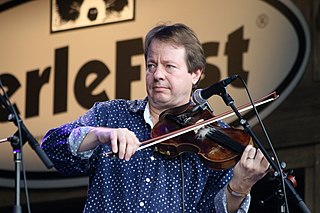A Quote by Aristotle
Character is made by many acts; it may be lost by a single one.
Related Quotes
Good habits are not made on birthdays, nor Christian character at the new year. The vision may dawn, the dream may waken, the heart may leap with a new inspiration on some mountain-top, but the test, the triumph, is at the foot of the mountain, on the level plain. The workshop of character is every-day life. The uneventful and commonplace hour is where the battle is won or lost.
We ought to be very cautious in the prosecution of magic and heresy. The attempt to put down these two crimes may be extremely perilous to liberty, and may be the origin of a number of petty acts of tyranny if the legislator be not on his guard; for as such an accusation does not bear directly on the overt acts of a citizen, but refers to the idea we entertain of his character.
Within a single scene, it seems to be unwise to have access to the inner reflections of more than one character. The reader generally needs a single character as the means of perception, as the character to whom the events are happening, as the character with whom he is to empathize in order to have the events of the writing happen to him.
Malicious acts are performed by people for personal gain … Sorcerers, though, have an ulterior purpose for their acts, which has nothing to do with personal gain. The fact that they enjoy their acts does not count as gain. Rather, it is a condition of their character. The average man acts only if there is a chance for profit. Warriors say they act not for profit but for the spirit.
Heaven and hell are not very distant, they are neighbors; only a small fence divides them. You can jump that fence, even without a gate. You go on jumping from this to that. In the morning you may be in heaven; by evening you are in hell. This moment heaven, that moment hell. It is just an attitude, just a state of your mind, just how you are feeling. Many times, in a single life, you may visit hell, and many times you may visit heaven. In a single day also.










































